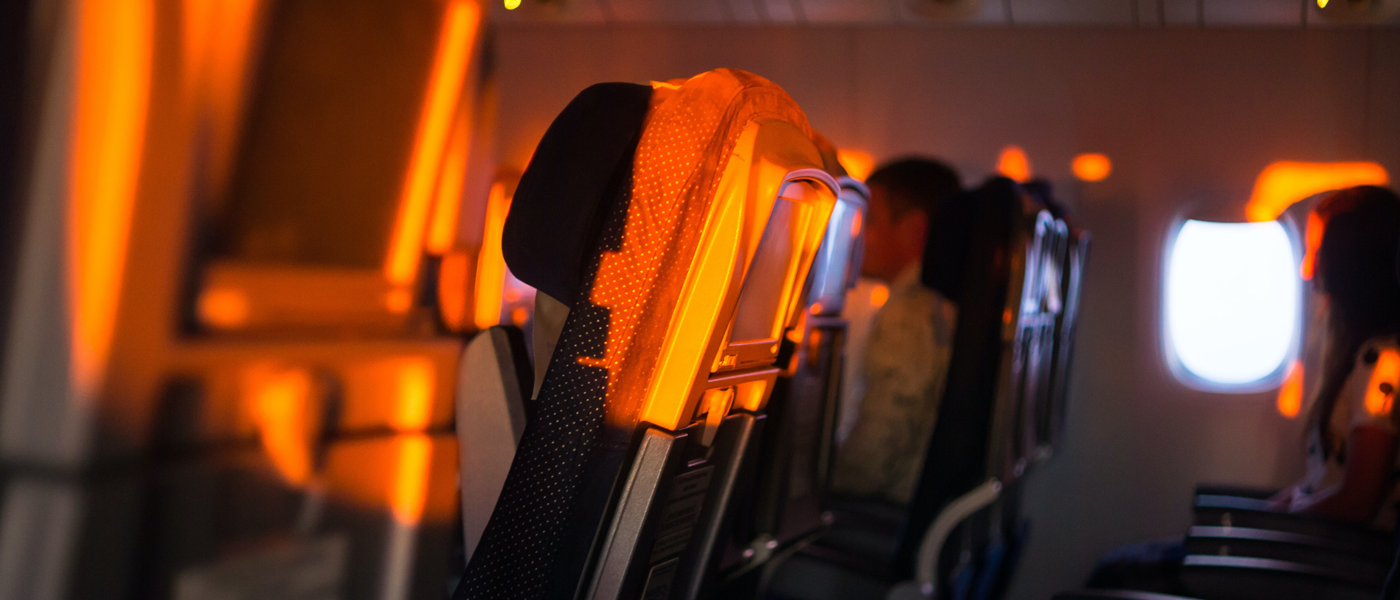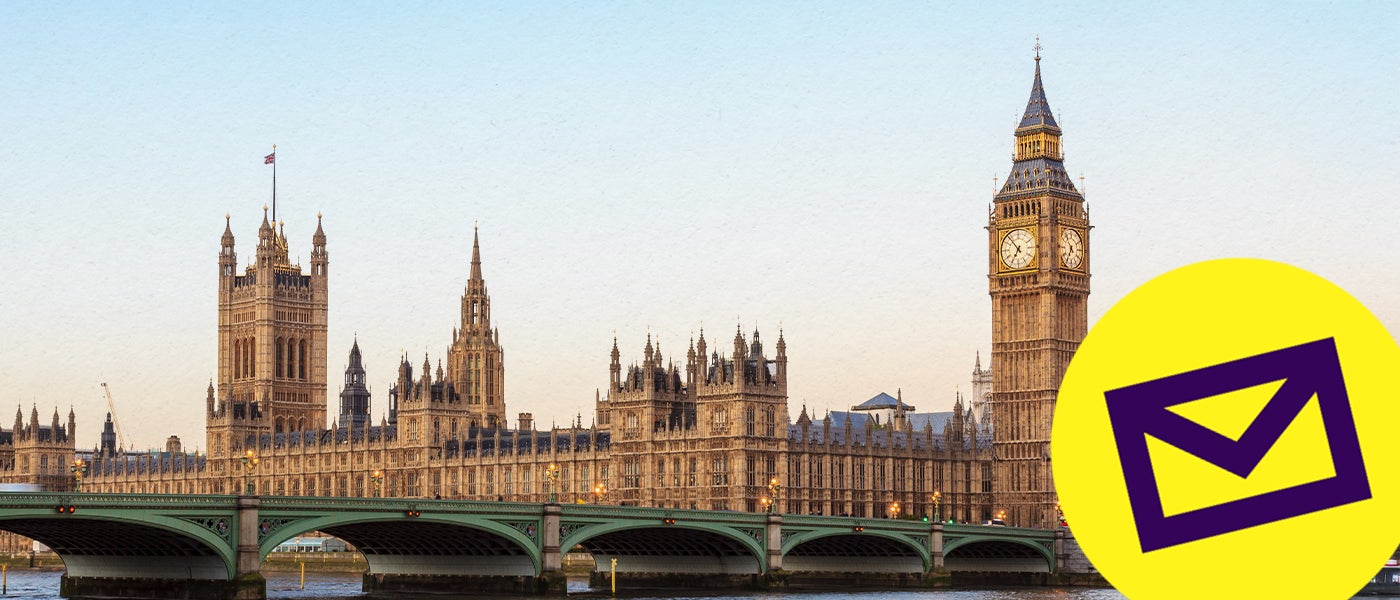- Home
- News and stories
- 'Airlines could learn a lot from disabled passengers'
'Airlines could learn a lot from disabled passengers'
 17 July 2022
17 July 2022
Caitlyn shares her recent negative experience of flying, and her hopes for action from airlines to combat inaccessibility
Accessible travel of any form enables me to get out and see places, whether with friends and family, or on my own.
Planes allow me to go that much further than any other option. But flying often presents significant barriers to my independence. I’ve had many flight experiences that have left me feeling anxious, embarrassed, and frustrated.
"The trouble started at check-in"
In all honesty, every flight I’ve ever taken has involved some kind of issue. From occasions left sat on de-boarded planes with maintenance and change-over crews, to a bungled drug search that left me without a wheelchair for 3 months, I’ve seen it all.
With my flight from Manchester Airport to Malaga recently, the trouble started at check-in. I’d provided all the information about my wheelchair in advance, but it wasn’t passed on to EasyJet staff. What resulted was a huge scramble to find the dimensions and weight of my chair at the check-in desk.
Moving on, I felt assured the cabin crew would be more organised, with prior awareness of my needs.
Before boarding, I was in an able lift sling for easy access. Staff were willing to transfer me into my seat using the sling, and that made this step a lot easier than on previous trips. The pre-flight process seemed to be working well for me on this occasion.
Then, things became more difficult.
"I felt I was a nuisance"
I wasn’t pre-boarded, as I’ve come to expect as a disabled passenger. Instead, I was last on-board. So, when I was transferred to my seat from a gurney, those around me had a ringside view.
Arriving at my row, I was told I must be seated near the window. That was impossible because my legs don't bend easily, and there’s no access for someone to assist me.
What occurred next was a lengthy discussion about my seating position in front of an audience of other passengers. I felt extremely embarrassed. I wanted to slide down the seat and make myself invisible.
I felt I was a nuisance, although I realised none of this was my fault.
The whole situation could have been avoided. I could have been pre-boarded with the other 7 wheelchair users on that flight, or the crew staff could have had some understanding of my situation. Their rule about seating disabled passengers, irrespective of their level of mobility, came above my dignity.
“We aren’t a monolith”
I’m far from being the only disabled person with these experiences. There’s been some negative press surrounding airlines recently, and I feel there’s a lot they need to learn.
Firstly, 1 size doesn’t fit all. Just because an airline’s policies concerning disabled passengers may suit some, that doesn’t mean it’s appropriate for everyone. We aren’t a monolith. We need and deserve to be treated as individuals.
Next, cabin crews and additional staff should address the disabled customer themselves with issues concerning their journey, and not their travelling companion. Whilst this may seem obvious, disabled customers often have their circumstances discussed around them rather than with them. This dehumanises us.
Finally, I feel that airlines could learn a great deal from our very real experiences. So, instead of making changes on our behalf, we should be actively involved in shaping new policies that directly affect us.
If you’re planning a flight, Scope has an advice page for disabled passengers.
 17 July 2022
17 July 2022







